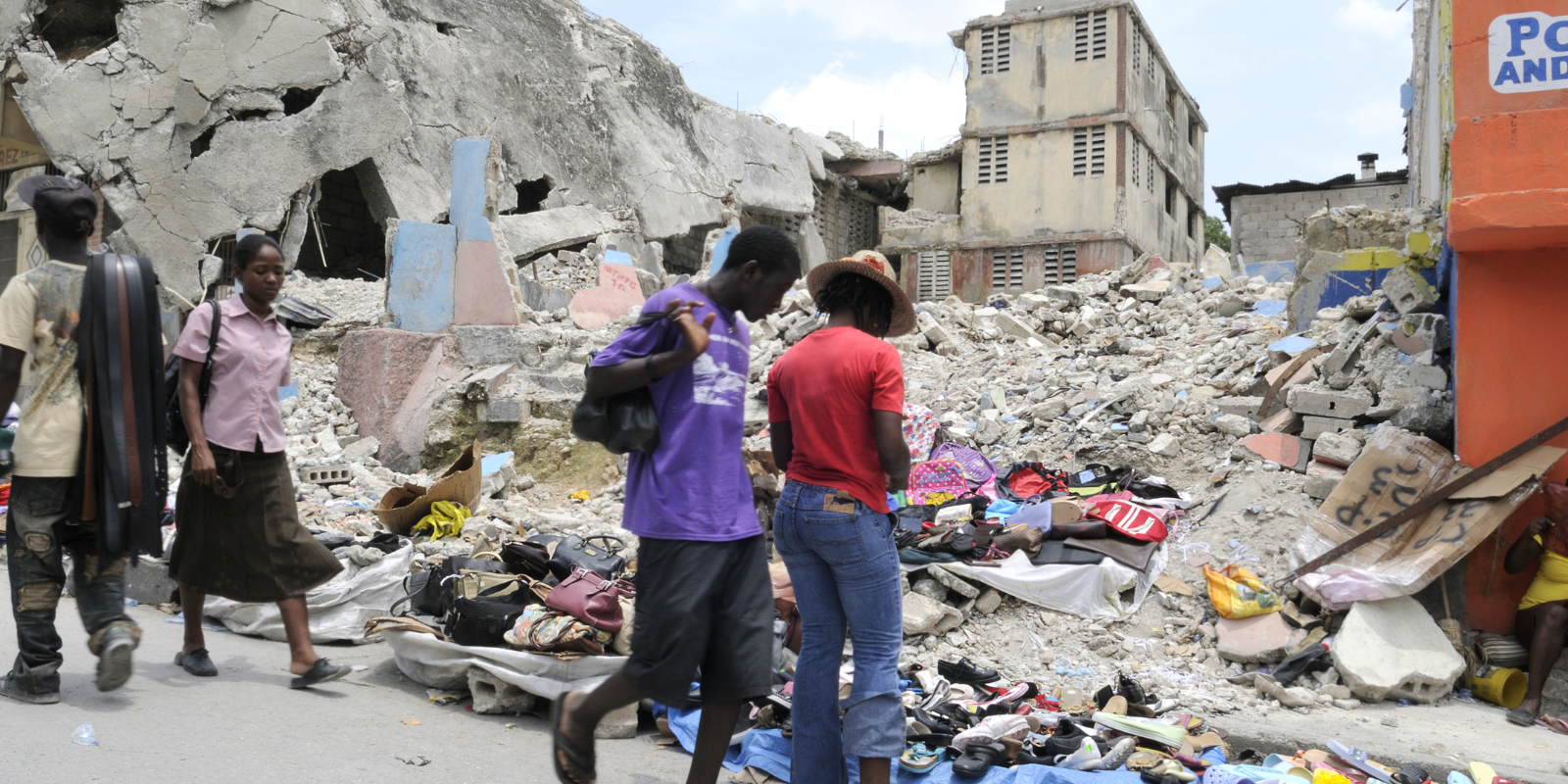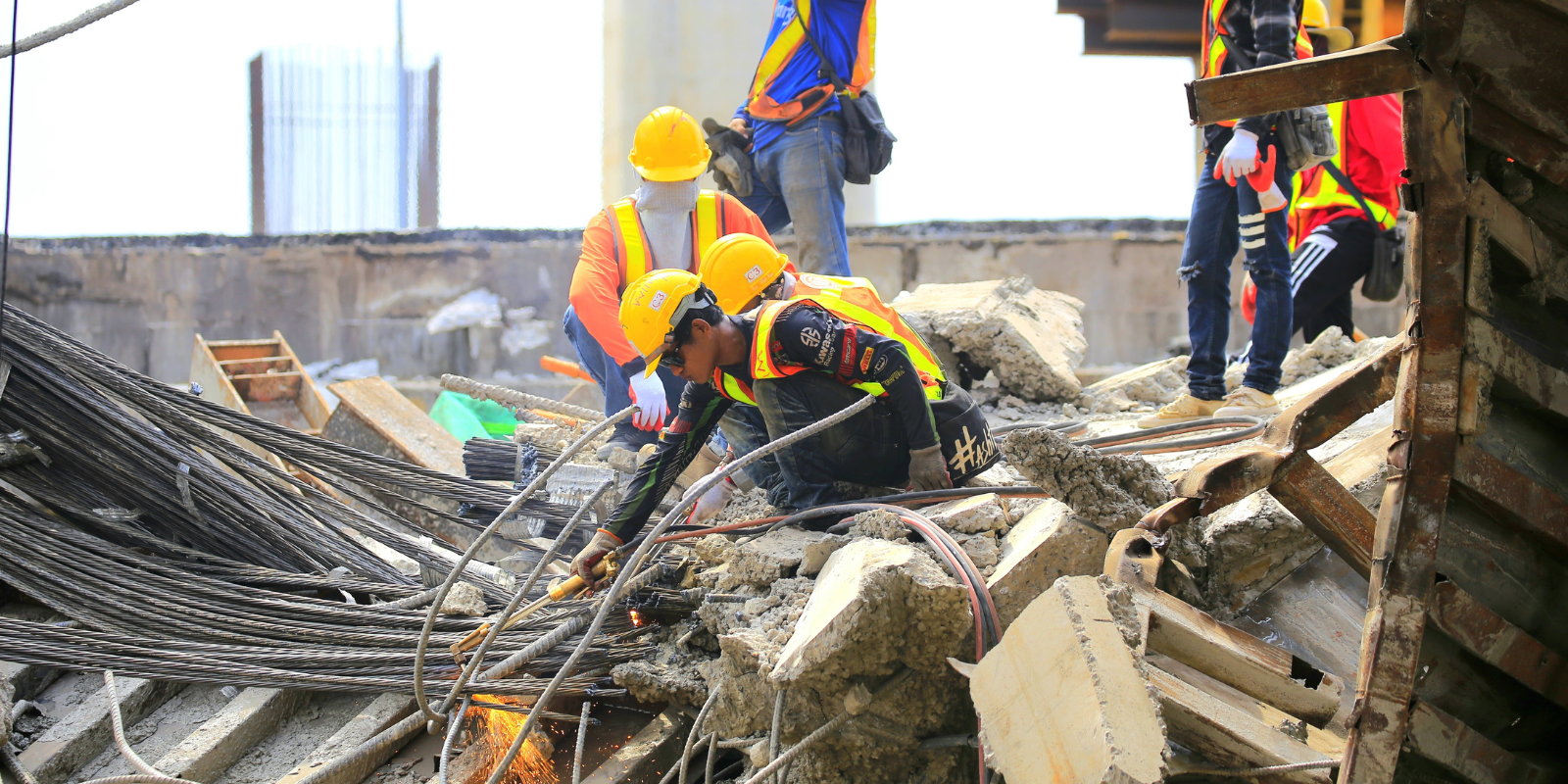- What you need to know: COVID-19 protocols for collegiate athletics vary from canceled seasons to games with over 10,000 fans. The decision making has placed student-athletes in a difficult position: play it safe with the pandemic or pursue their life-long dreams.
In spite of a global pandemic, many colleges and universities across the United States are gearing up for the fall football season. While this slice of normalcy may be comforting, it could also come at an enormous cost – the well-being of the student athletes.
The first installment of a new CU Anschutz webinar series on the ethical dilemmas surrounding work and play focused on the return of collegiate sports in the time of COVID-19.
On Sept. 9, the Center for Health, Work & Environment at the Colorado School of Public Health and the Center for Bioethics and Humanities hosted “Pandemic Play: Collegiate Athletes, Justice and COVID-19.” The session explored the implications of decision making around COVID-19 in the workplace – specifically on the college gridiron.
Christine Baugh
The discussion featured three panelists: David Bruton, Jr., former Denver Bronco and current student in the Doctor of Physical Therapy Program at the CU School of Medicine; Christine Baugh, PhD, MPH, assistant professor in the Department of Medicine and Center for Bioethics and Humanities; and Gretchen Snoeyenbos Newman, MD, an infectious disease physician and assistant professor at Wayne State University. Lee Newman, MD, MA, distinguished professor and director of the Center for Health, Work & Environment, moderated the roundtable.
“Collegiate athletics are mired in financial and ethical dilemmas, as the safety of athletes and the sustainability of programs are impacted by the pandemic,” Newman said. “We’ve felt that this is an important topic to discuss as we work our way into the next phase of the pandemic.”
‘Who are the decision makers?’
Typically, hundreds of thousands of fans pour onto U.S. college campuses every weekend to join students in cheering their teams to victory. While the pandemic has halted these celebrations for many universities, it is merely a logistical inconvenience for others. The drastic difference in policy — to have a season or to cancel — begs the ethical question: who makes these calls?
“There are tiers of decision makers across collegiate sports,” said Snoeyenbos Newman. “While the National Collegiate Athletic Association, NCAA, has canceled all Division I championships, individual colleges still have the final say.”
David Bruton, Jr.
She said some institutions canceled this year’s season, while others are holding events with upwards of 15,000 fans in attendance.
“We never thought that we would be dealing with the prospect of fans being in the stands,” said Baugh. “But, when you consider the amount of money tied up in this decision making, you can see the financial conflicts of interest.”
In fact, transparency of the decision making varies across the conferences and institutions. There has been a tendency to see more transparency from the ones who decided to not move forward compared to the ones who have. Some colleges have decided to keep COVID-19 cases among student athletes under wraps, claiming that sharing the information would give a competitive advantage to opponents.
“Money is driving this bus,” said Bruton. “Money is the reason why things aren’t as transparent with the Southeastern Conference as they are with the Pacific-12 Conference.”
‘A feeling of obligation’
This disjointed decision making across governing bodies has, in many cases, resulted in foisting the decision on whether to play upon the student-athlete.
There are many things that might go through a player’s mind, said Bruton. “There are childhood goals; the aspiration to earn a paycheck by playing a sport that you love; the need to take care of my family; my neighborhood is counting on me; I need to make good on a promise I’ve made in the past.”
Baugh said the risk-to-benefit ratio of playing is a very personal decision. “It won’t be equitable, as these athletes are coming from widely different backgrounds. Also, 18- to 20-year-olds are not particularly great decision makers, especially with those (decisions) that can affect them later in life. We need to take these factors into consideration when we pass off the decision making.”
This doesn’t mean all sports activities should cease, she said. “We’re saying that we (at a national level) should own this decision. We need clear objective guidelines to keeping the students safe, and we need to ensure that these guidelines are being met.”
This webinar series will continue on Oct. 7 about the rights of vulnerable workers and on Nov. 11, following the election, a session on politics, ethics and worker safety.
To watch a recording of the webinar, please visit the Center for Health, Work & Environment’s YouTube page.





